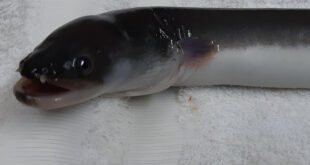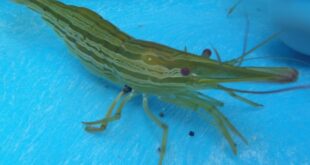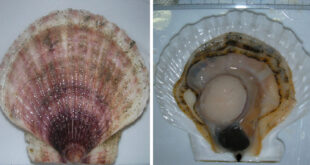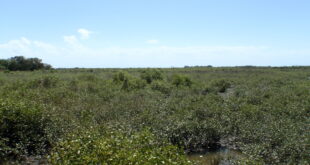
by Development Communication
Ms. Claire Duncan, PhD candidate at the Institute of Zoology (Zoological Society of London) and University College London, presented a seminar on Mangrove forest protection and rehabilitation for ecosystem services: carbon stocks and coastal protection on 17 February at SEAFDEC/AQD’s Tigbauan Main Station.
Ms. Duncan mentioned that mangrove forests provide numerous essential ecosystem services such as food, timber, medicinal resources, and coastal erosion control. Her study examined mangrove rehabilitation across Panay Island. She explained that the rehabilitation in the mid-upper intertidal zone of abandoned ponds will provide greater carbon storage and coastal protection benefits in the future.
The result of the study showed that rehabilitation for high mangrove species type diversity increase the ability of rehabilitated mangroves to provide effective coastal protection. Ms. Duncan also discussed that the greatest mangrove species type diversity occurs in the mid-upper intertidal zone currently occupied by active and abandoned aquaculture ponds.
Based on the results, she recommended the reversion of abandoned ponds to effectively rehabilitate mangrove ecosystem services, and to stop greenbelt planting in ineffective low-intertidal seafront locations. Likewise, Ms. Duncan said that government agencies and local government units should integrate efforts to revert abandoned ponds back to mangroves, where mangrove biodiversity conservation may be best achieved.

 SEAFDEC/AQD Southeast Asian Fisheries Development Center | Aquaculture Department
SEAFDEC/AQD Southeast Asian Fisheries Development Center | Aquaculture Department



